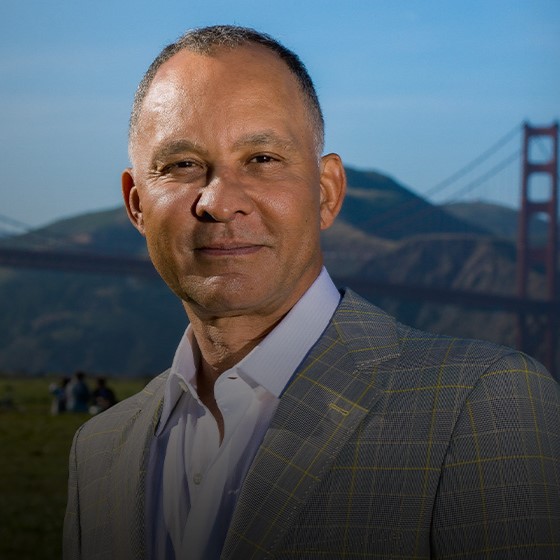Are you a male with enlarged breast tissue, or what some call “man boobs”? If so, you may be suffering from gynecomastia. This condition can affect males of all ages, can affect one or both breasts, and take a toll on self-confidence, self-esteem, and healthy body image. The most common cause of gynecomastia is an imbalance in hormone levels. Thankfully, there is a permanent solution for gynecomastia: gynecomastia surgery or male breast reduction surgery. Read on to learn more about this surgical treatment and the risks that you should be aware of.
About Gynecomastia Surgery
Gynecomastia surgery, also called male breast reduction surgery, is an effective solution for those living with excess breast tissue due to gynecomastia. It is performed under general anesthesia and involves the surgical removal of gland tissue, excess tissue, and excess fat for a flatter, more masculine chest appearance. Overall, gynecomastia surgery is often deemed the best way to correct gynecomastia caused by glandular tissue.
Gynecomastia surgery is a form of plastic surgery, and when performed by a board-certified plastic surgeon, the risks associated are greatly reduced. This is because board-certified surgeons have extensive knowledge of surgical procedures and the experience needed to identify and mitigate any possible issues quickly and effectively.
Risks Associated with Gynecomastia Surgery
There are always some risks involved with any form of surgery, including gynecomastia surgery. These may include:
Hematoma
Hematoma occurs when blood collects under the skin. While very small hematomas can be massaged and may resolve on their own, larger hematomas require drainage to eliminate the excess blood. Dr. Delgado uses drains during this gynecomastia surgery to help prevent the risk of hematomas.
Scarring
Scarring is always a risk when it comes to any form of invasive surgery. Scarring can occur at the planned incision site, or may also occur at an unplanned site. However, visible scars generally heal well following gynecomastia surgery and Dr. Delgado can give you advice on which products to use to further improve scarring.
Infection
Infection following gynecomastia surgery is very rare. This is because antibiotics may be prescribed prior to surgery to decrease the risk even further. It is important to follow your surgeon’s aftercare instructions regarding hygiene to further prevent the risk of infection.
Nipple Sensation Loss
During gynecomastia surgery, some of the nerves that travel through the breast tissue to the nipple may be severed. This can lead to decreased nipple sensation.
Contour Irregularities
The risk of contour irregularities is greater when an individual undergoes surgery with an unskilled surgeon. A skilled board-certified plastic surgeon with ample experience performing gynecomastia surgery will understand the proper techniques to avoid irregularities for a flat, smooth chest.
Risk of Reoccurrence
The risk of gynecomastia recurring after surgery is rare when all glandular tissue is removed. When recurrence does occur, it is often because a hormonal stimulus has not been addressed or anabolic steroids are continued to be used after surgery.
Pain or Discomfort
Following gynecomastia surgery, patients may experience some level of pain or discomfort, which is to be expected. This pain should subside over time during the healing process, and your surgeon may prescribe you pain medication to help.
Deep Vein Thrombosis or Cardiopulmonary Issues
Any surgical procedure can lead to the risk of deep vein thrombosis (DVT), which may lead to cardiopulmonary problems. This is rare, though it is important that patients are aware of the risk.
Schedule a Gynecomastia Surgery Consultation
For further information regarding gynecomastia surgery in San Francisco Bay Area, please contact Dr. Delgado today. Your first step will be to schedule an initial consultation appointment to discuss your aesthetic concerns and desired result.
Gynecomastia Surgery FAQs
Does gynecomastia surgery involve liposuction?
In some cases, the procedure includes liposuction to remove excess fatty tissue for an improved chest contour.
Does insurance cover gynecomastia surgery?
Because gynecomastia surgery is often an elective procedure, insurance does not cover the cost.
Are all men with large male breasts a candidate for gynecomastia surgery?
To determine if gynecomastia surgery is right for you, you should consult with a physician to first obtain a diagnosis. Common signs of gynecomastia include swollen or puffy nipples, nipple discharge, nipple sensitivity, male breast tissue discomfort, and more.
Can gynecomastia surgery cause male breast cancer?
No, gynecomastia surgery has no links to the cause of male breast cancer.

